In Dubai’s extreme heat and driving conditions, even minor car issues can escalate fast. Whether you drive a BMW, Audi, or Mercedes-Benz, staying alert to warning signs is critical to your vehicle’s health—and your safety.
The List – Top 10 Warning Signs
🔧 Check Engine Light Stays On
Don’t ignore it—this could signal engine misfires, oxygen sensor failure, or catalytic converter problems.
🚨 Strange Noises (Grinding, Knocking, Whining)
These could mean issues with your brakes, suspension, or engine.
💧 Fluid Leaks Under the Car
Oil, coolant, or brake fluid leaks are a red flag—especially dangerous in Dubai’s heat.
🛞 Steering Feels Off or Car Pulls to One Side
Likely an alignment, suspension, or tire pressure problem—affects handling and tire wear.
🛑 Squealing or Grinding Brakes
Worn brake pads or warped rotors? Don’t risk it—get them checked ASAP.
🌫️ Smoke or Burning Smell
Smell of burning oil, rubber, or coolant? Pull over and call CarWox immediately.
⚡ Electrical Failures (Lights Flickering, Power Loss)
Often a sign of a failing alternator or battery—common in extreme climates.
🔥 Engine Overheating
Critical issue in Dubai’s heat—likely cooling system failure or low coolant levels.
📉 Poor Acceleration or Rough Gear Shifts
Might be a transmission or fuel system issue—especially common in German performance cars.
⚠️ Dashboard Warning Lights (ABS, Battery, Oil)
These are your car’s way of asking for help. Get them diagnosed by CarWox’s certified specialists.
Do more
At CarWox Dubai, our certified technicians use dealer-grade diagnostics to pinpoint issues quickly—for BMW, Audi, Mercedes, and other German makes.
“Great service and honest mechanic I always come when I have an issue with my cars and always recommend this place to everybody.”
John Doe Tweet
With this in mind, when you idle your car, you are burning more fuel with little to no benefit. After all, your car’s engine has been optimized to operate in cold temperatures without the car stalling. The only reason to idle your car is to warm up the cabin and defrost the windshield, which should take about 3 minutes.
Idling your vehicle for 10 to 15 minutes before starting your journey will increase pollution. With a lot of the fuel exiting the engine unburned or partially burned, your car will release a lot of toxic fumes.
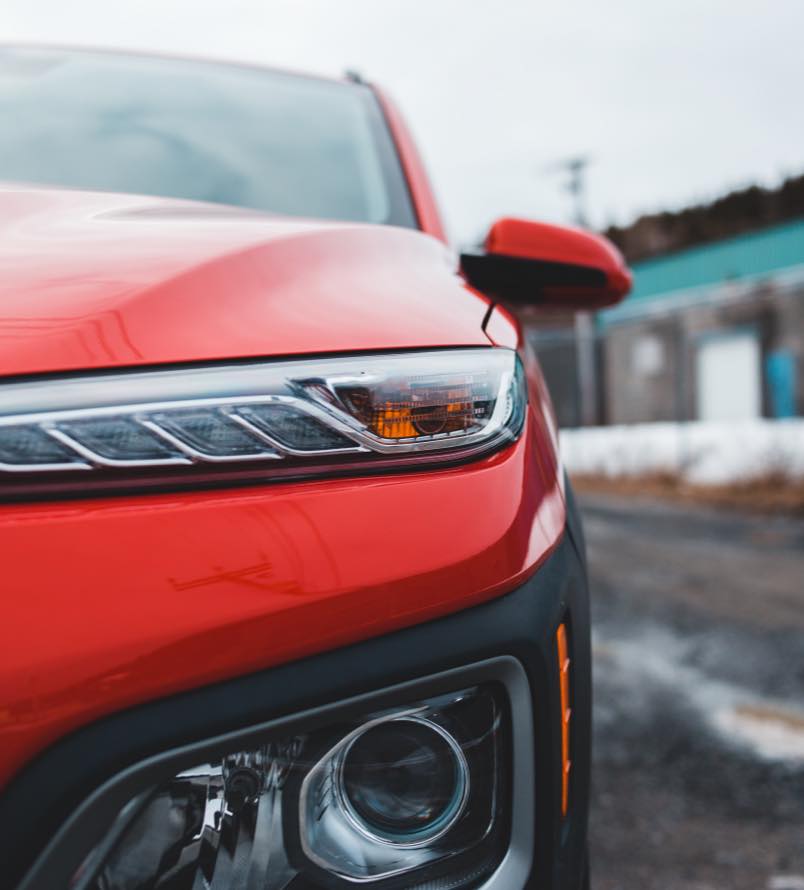
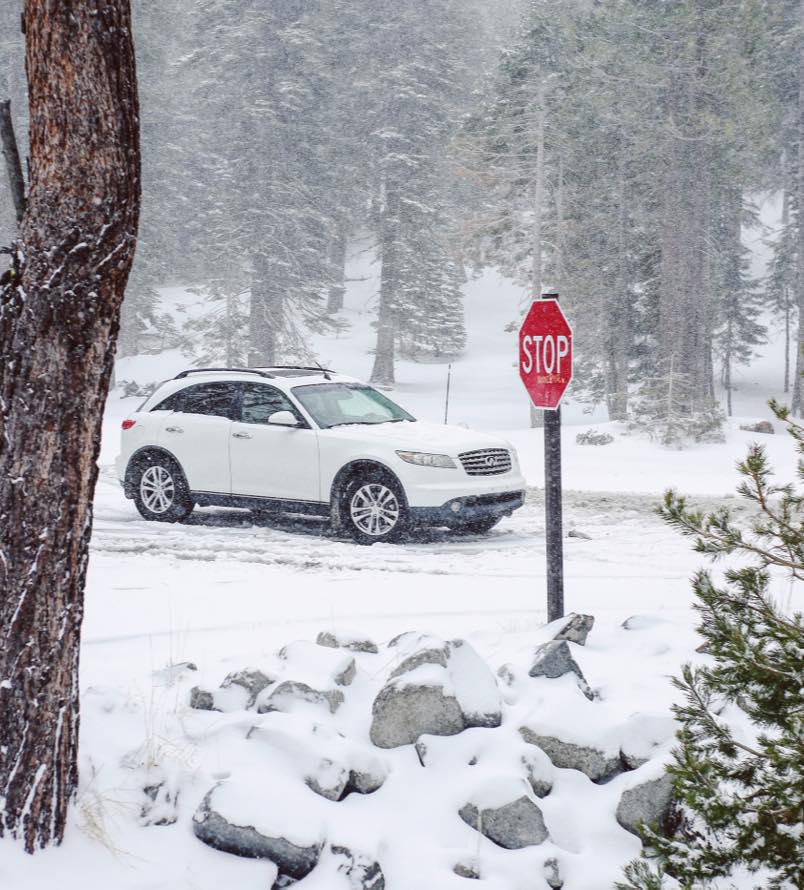
Why Many People Think Idling Cars During Winter Is Paramount
Internal combustion engines run by mixing gasoline with air within the engine’s cylinders. Once the air-fuel mixture is compressed, the mixture is ignited by the spark plug, which moves the pistons. In the years past, specifically before the 1980s, a carburetor controlled the mixing of fuel and air. One shortcoming of the carburetor was its inability to control the fuel in the air-fuel mixture precisely.
Given that gasoline has a hard time evaporating in cold weather, the carburetor was susceptible to releasing a lot more fuel than necessary.
The fuel-rich mixture increased the potential for engine damage once ignited.
Car owners are advised to idle their car for a few minutes to allow the engine to warm up, and, therefore, make it easy for the carburetor to supply the right fuel mixture.
When do you need repair?
The mechanical parts of the alternator are sealed, but the sitting water can damage it as the lubricator wears away. Repeated exposure to water can cause damage to the brushes by the electrical arc and wear out. Early detection is always better. Check your dashboard signals while you drive, if the ignition is on it will show a battery light on your car dashboard. This means you need to look at it quickly. Likewise, inoperative plates in the car can be the reason for battery failure.
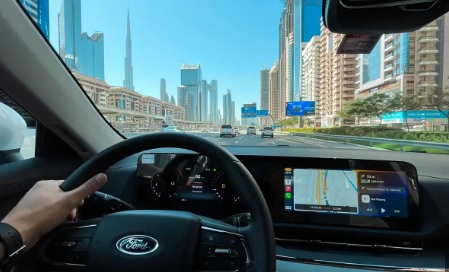
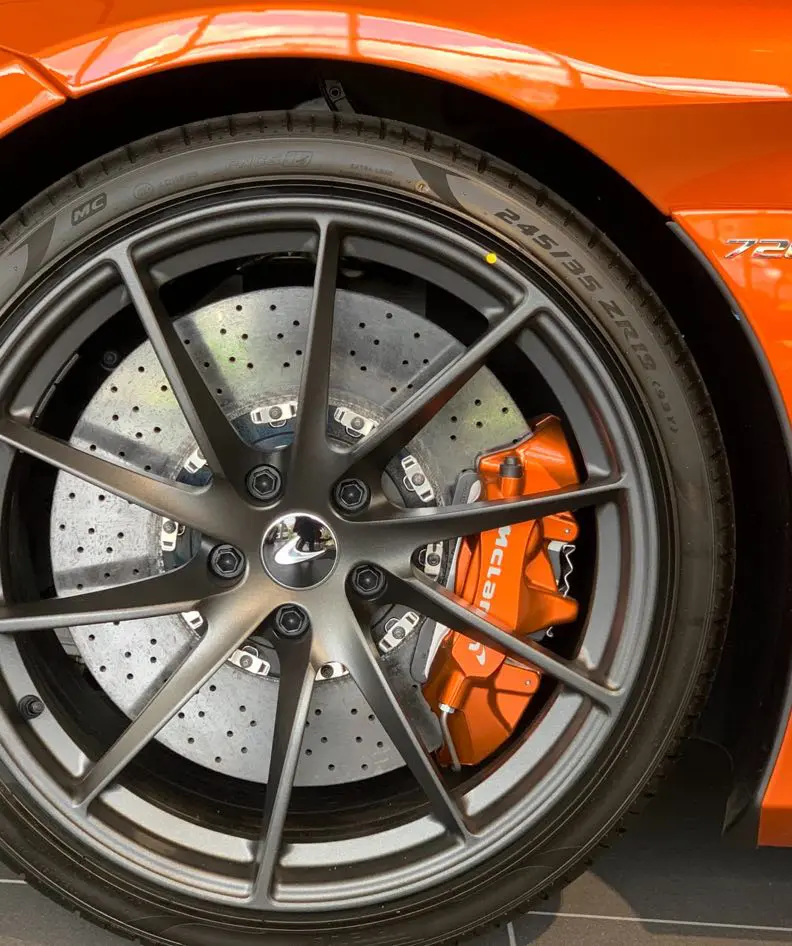
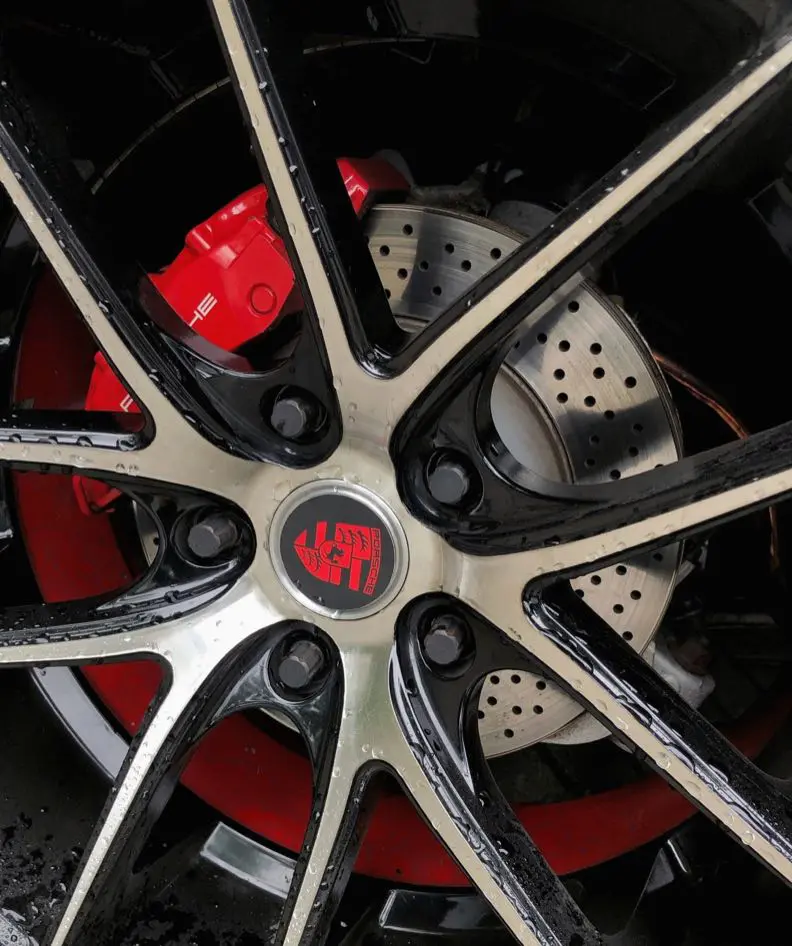
Hi, this is a comment.
To get started with moderating, editing, and deleting comments, please visit the Comments screen in the dashboard.